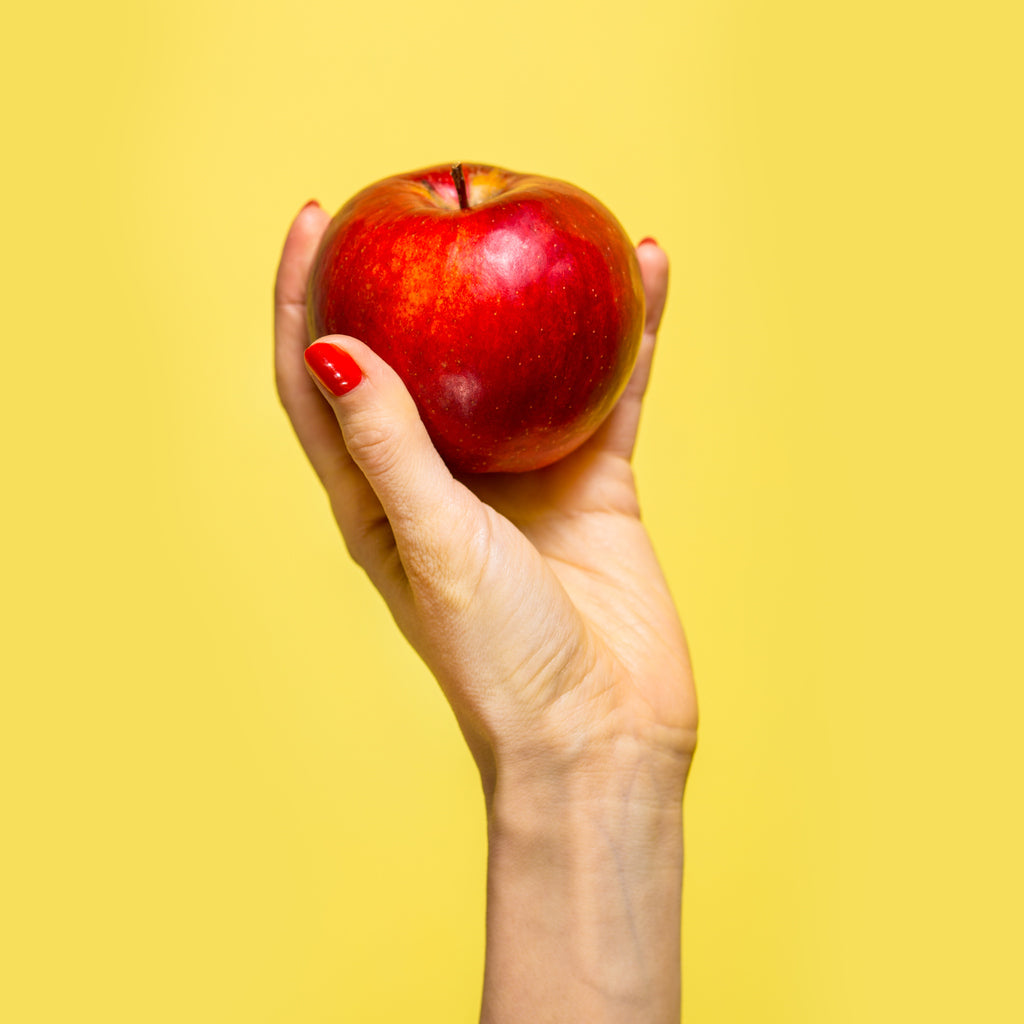BUILDING BLOCKS
Feed me nutrition

What?
What to eat to feed a healthy brain could fill several websites as there are endless theories and research about what’s in and out. The first thing to realise is that what we eat can influence how our brains function on a daily basis and also as we age. Even small changes can make a difference and of course we are all individuals and have our own nutritional needs. There are however general brain healthy nutrition principles to consider when we think about what we put on our plates.
We all know that being obese is bad for our general (and brain) health so it’s not surprising that trying to keep your weight healthy is important if you’re wondering where to start. Research in the last few years has shown that being obese can damage the wiring within your brain and slow down the way it works. This can lead to shrinking of our brains and, as we age, can increase the risk of dementia.
So Maintaining A Healthy Weight Is Important.
Then Comes The All Important Question –
Which Foods Are Best For Our Brains?
1.
Brain healthy foods include vegetables, omega 3 rich fish, certain types of fats and oils (e.g. extra virgin olive oil), ‘gold star’ foods (see below) and, the easiest of all, water.
2.
Vegetables such as leafy greens, broccoli (ever notice it looks a bit like a brain?) and cabbage are full to the brim of brain friendly vitamins and minerals. Fruits and vegetables that are rich in colour – such as blueberries – have been found to contain nutrients known as phytonutrients that help our brains function. These also contain lots of healthy fibre which helps our brain’s best friend, the gut.
3.
Healthy fats obtained from omega 3 containing fish have been shown to help brain function by their role in supporting the wall around each individual brain cell (the cell membrane).
4.
Gold star foods include avocados, flax seeds, chia seeds, brazil nuts, and walnuts (which also look a bit brain like!). Boost your meals with a few of them and your brain will benefit from the nutrients.
5.
Reducing sugar-laden snacks, drinks and processed foods, which also often contain high levels of trans fats which are not brain friendly, is also helpful. Legumes and wholegrains are also a high fibre and happy brain choice.
6.
And here is the really easy part – one thing that we can all do to help our brains perform better and even protect from brain shrinkage, as recent studies show, is drink more water. Our brains are mostly made up of water and this is essential for the transportation of nutrients, chemicals, energy production and signals between cells. Not enough water on a daily basis can result in dehydration, which has to be substantial for most of our bodies to notice, but for our fragile brains, it is a different story. Headaches, low energy, fatigue and foggy thinking can all be caused by not enough water. So use your noggin, drink more water!






